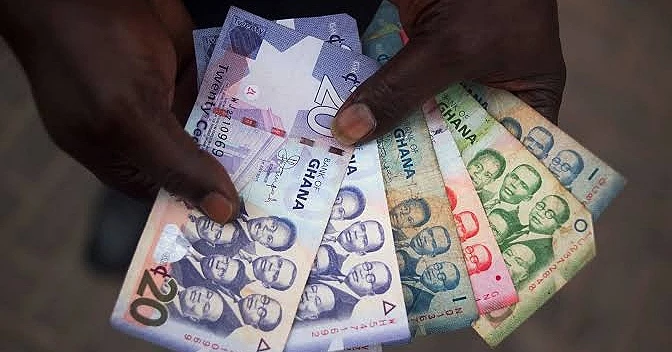Central Bank Denies Propping Up Cedi, Cites Strong Reserve Position
The recent appreciation of the Ghanaian cedi is underpinned by strong external buffers and disciplined monetary management—not artificial support from the Bank of Ghana, according to Dr. Zakari Mumuni, First Deputy Governor of the central bank.
Dr. Mumuni in an interview dismissed speculation that the BoG is actively intervening in the foreign exchange market to prop up the currency. Instead, he attributed the cedi’s strength to improved reserve accumulation and broader macroeconomic stabilization under Ghana’s IMF-supported reform programme.
“If we were that heavy in terms of support to the market, we would not be doing well with reserves,” said Dr. Mumuni. “But if there is one thing we’ve done well under the IMF programme, it is reserve accumulation.”
Ghana’s international reserves stood above $10 billion at the end of April, and the central bank projects this could reach $11 billion by the end of June. This comfortably surpasses the IMF target of three months of import cover, with Ghana currently estimated at 3.7 months under IMF metrics—or 4.7 months when petroleum funds are included.
“These are organically accumulated reserves, not debt-based or from short-term inflows,” Dr. Mumuni noted, describing the development as a “fundamental shift” in Ghana’s external sector strategy.
The cedi has strengthened markedly in recent weeks, reflecting a confluence of positive macroeconomic indicators, including decelerating inflation—now at 21.2%, down from nearly 24%—and continued fiscal consolidation. Government borrowing has slowed, and the central bank has intensified liquidity sterilization operations, withdrawing three times the volume of excess liquidity compared to last year.
“We are not intervening recklessly, we are supporting the market strategically while building buffers. The market would have seen through any unsustainable intervention—market players are very smart,” Dr. Mumuni said.
He further highlighted the role of investor confidence following Ghana’s recent Staff-Level Agreement with the IMF, which he said “sent a strong signal to the world.”
The comments come at a time when several African central banks face scrutiny over currency management amid volatile capital flows and inflationary pressures. Ghana, which entered a $3 billion IMF programme in 2023 following a sovereign debt default, has since made efforts to stabilize its macroeconomic framework and restore credibility in financial markets.
“We are in a much stronger position today, and we’re determined to keep it that way,” Dr. Mumuni concluded.







